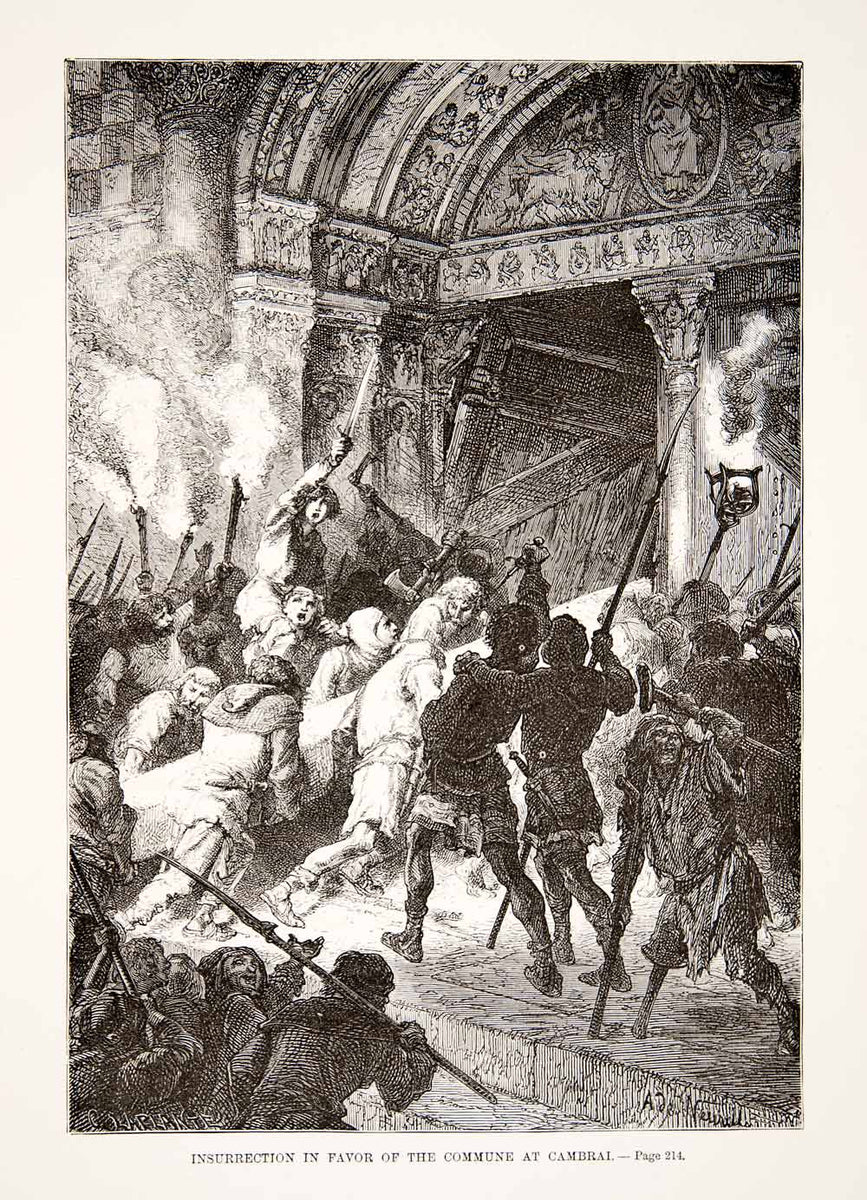LIVE 9:00 am Eastern time, Streaming Anytime:
Political cartoonist Ted Rall and CIA whistleblower John Kiriakou get into the second anniversary of the Oct. 7th raid by Hamas, Supreme Court’s decision to decline Ghislaine Maxwell’s appeal, France’s political crisis, and Trump refusing to negotiate with Democrats despite the government shutdown.
- Gaza War Enters Year 3: It’s been three years since Hamas launched its attack on Israel. John and Ted break down the current state of the conflict.
- Ghislaine Maxwell: The Supreme Court rejects Ghislaine Maxwell’s appeal, upholding her 20-year sentence. Maxwell’s argument that a 2008 Florida non-prosecution deal should protect her fails, as prosecutors assert it doesn’t apply to federal charges based in New York. Her only hope now lies in potential clemency from Trump. Will he come through?
- France’s Political Crisis: President Macron assigns deposed Prime Minister Sébastien Lecornu to leading talks to resolve the mess. With markets reeling and opposition parties rejecting compromise, Macron faces pressure to call snap elections and/or resign. The turmoil threatens France’s economy and the EU’s stability, with no clear path forward.
- U.S. Government Shutdown: President Trump refuses talks with Democrats, who demand Obamacare subsidy extensions for 20 million Americans to save the ACA. The Senate’s vote on a Republican funding proposal stalls, with the administration warning of mass federal layoffs. Meanwhile, air traffic control towers are short staffed.


